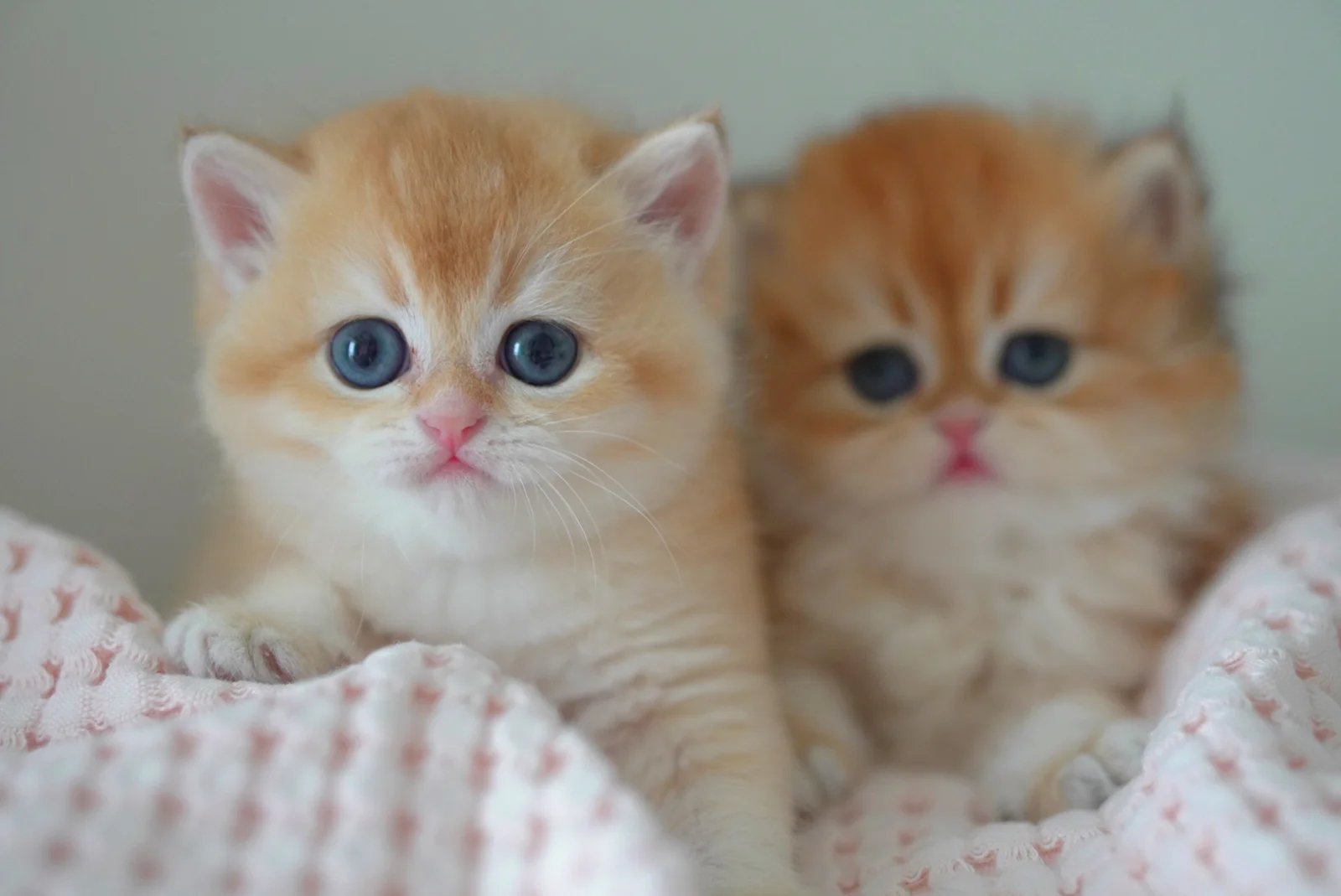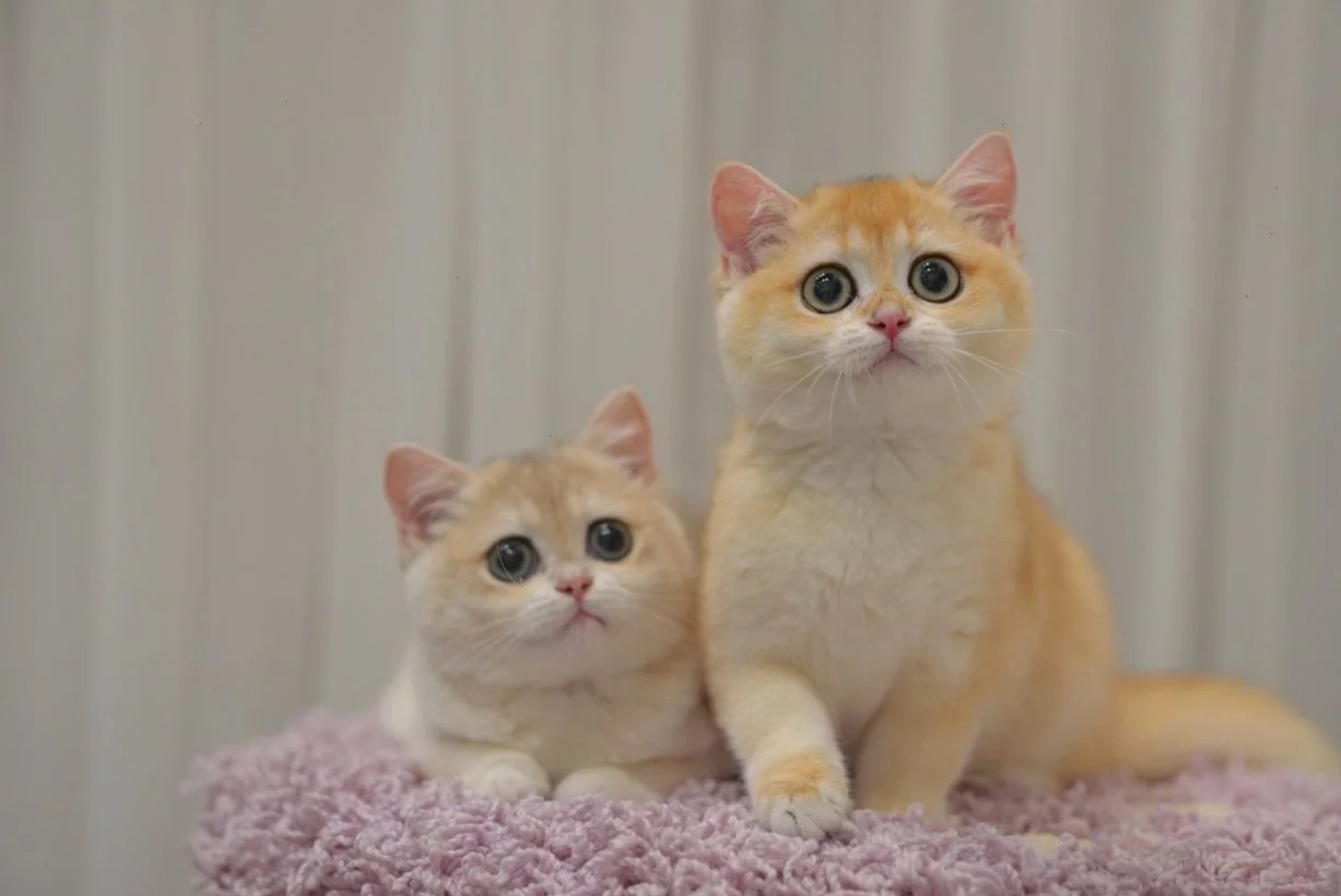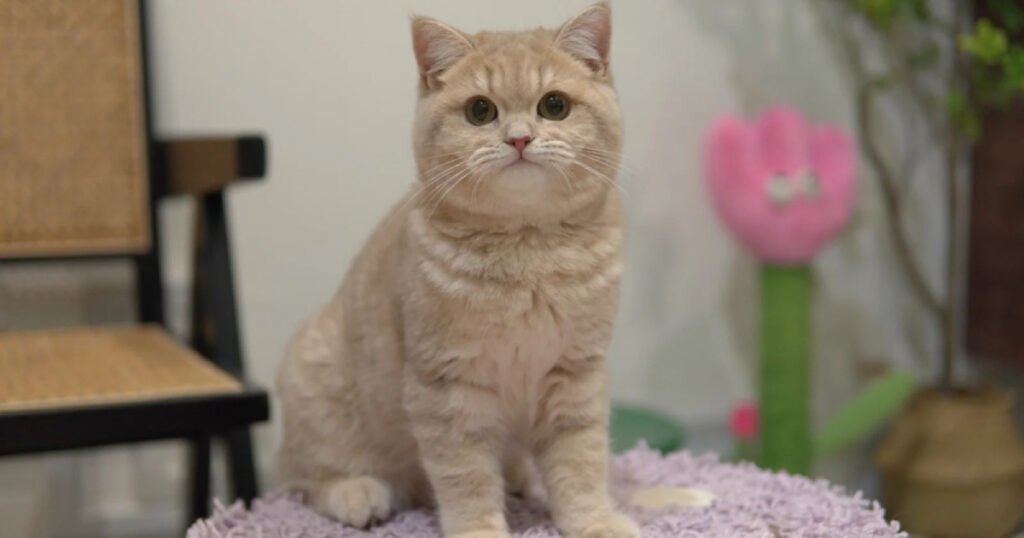Hairballs are an unpleasant but common issue for many cat owners. Whether you’re a long-time cat parent or recently welcomed a new feline into your home, dealing with these messy little clumps can be frustrating. If you’re browsing British Shorthair kittens for sale, it is important to understand how to manage hairballs naturally—especially since this breed’s thick, plush coat can lead to more frequent grooming and fur ingestion.
Here are five tried-and-tested tips to help your feline friend feel more comfortable.
Regular grooming reduces excess fur
One of the simplest and most effective ways to manage hairballs naturally is by grooming your cat frequently. Brushing removes loose fur before it can be ingested. Long-haired breeds need daily brushing, while short-haired cats like the British Shorthair may only need a few sessions each week. That said, during shedding seasons—usually spring and autumn—even short-haired cats benefit from extra grooming.
Use a quality cat brush or grooming glove, and make brushing a calm, positive experience. If your cat resists, start with a few gentle strokes and slowly build up over time. Regular grooming not only minimises hairball formation but also strengthens the bond between you and your cat.
Add natural fibre to your cat’s diet

Fibre helps move ingested hair through your cat’s digestive tract more efficiently, reducing the likelihood of hairballs forming. You can find commercial cat foods formulated specifically for hairball control, often containing added fibre. However, for a more natural approach, you can mix a small amount of pure pumpkin purée (not pie filling) into your cat’s meals. Cats usually tolerate pumpkin well, and its natural fibre content helps bulk up the stool, aiding in the smooth passage of hair.
Another fibre-rich option includes a pinch of psyllium husk or ground flaxseed, though it’s wise to consult your vet before introducing new supplements. Make any dietary changes gradually to avoid digestive upset.
Encourage hydration to support digestion
Cats are notorious for not drinking enough water, especially if they are on a dry food diet. Proper hydration helps maintain a healthy digestive system, which in turn makes it easier for your cat to pass ingested hair naturally.
Encourage your cat to drink more by offering multiple water sources around the house. Some cats prefer running water, so a pet water fountain may do the trick. You can also incorporate wet food into their daily diet to boost their moisture intake. For cats prone to hairballs, staying hydrated is a crucial part of the prevention plan.
Offer natural lubricants in moderation
Natural oils can help lubricate your cat’s digestive tract, allowing hair to pass through more smoothly. Small amounts of coconut oil or olive oil, given once or twice a week, can be effective. Start with a ¼ teaspoon and monitor your cat’s reaction. Some cats love the taste, while others might need encouragement.
There are also malt-based hairball pastes available that contain safe lubricants. These are often flavoured and more appealing to picky cats. When using any remedy—natural or commercial—always ensure it’s formulated specifically for cats.
Keep your cat active and stress-free

A healthy lifestyle contributes to good digestion, and exercise plays a big part. Regular play not only reduces stress but also stimulates intestinal movement, which helps move hair along the digestive tract. Use interactive toys like feather wands, laser pointers, or even DIY cardboard box mazes to keep your cat entertained.
Stress can lead to over-grooming, which increases the risk of hairballs. Make sure your cat has safe spaces, vertical perches, and quiet resting areas to relax. If you’ve recently introduced changes—such as a new pet or home renovation—try to maintain familiar routines and give your cat time to adjust.
Final thoughts
Hairballs may be a normal part of feline life, but they don’t have to be a frequent issue. By combining regular grooming, a fibre-rich diet, proper hydration, natural supplements, and daily play, you can manage and reduce hairballs in a natural and cat-friendly way. This is especially important for breeds with thick, plush coats—British Shorthair kittens for sale, for instance, are known for their dense fur, which can contribute to grooming-related issues if not properly managed.
To give your cat the healthiest start in life, choose an expert that understands the importance of holistic feline care. Visit Xi Meow Cattery to learn more about maintaining your cat’s wellbeing naturally.

